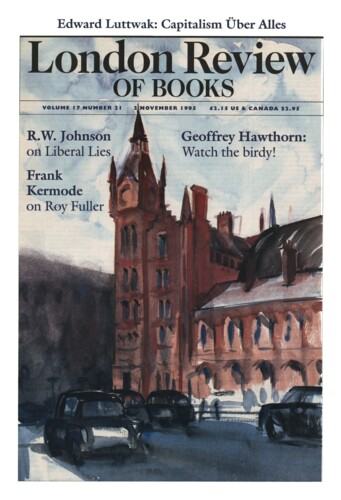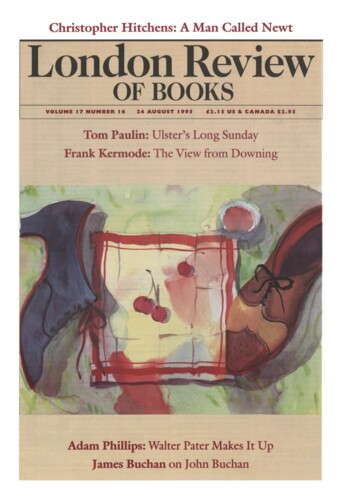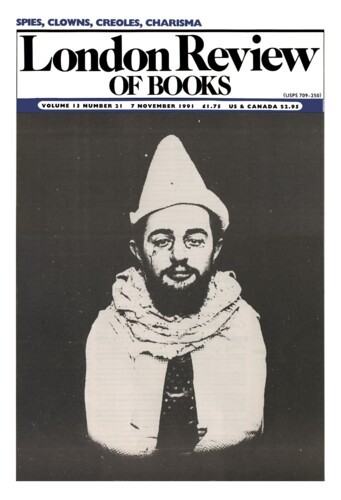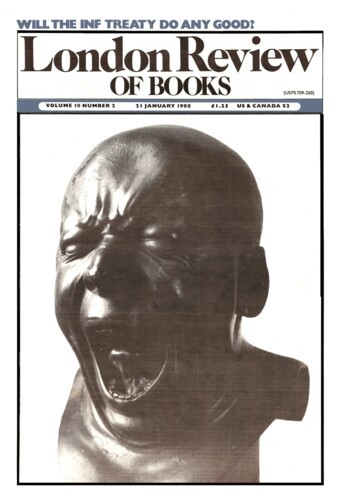Gravel in Jakarta’s Shoes
Benedict Anderson, 2 November 1995
Oldest among its European competitors, the Portuguese transcontinental empire lasted the longest, collapsed the fastest, and left the most bloodshed and ruin behind it. It owed its durability to Portugal’s own backwardness and poverty – which ruled out the ambitious modernising colonialisms of industrial America, France, England and the Netherlands – and to its strategic position in Spain’s armpit, at the mouth of the Mediterranean, which earned it for centuries the backing of London’s naval might. It collapsed fastest because of the bizarre longevity of the Salazarist dictatorship, and its fanatical determination to fight three Vietnam Wars simultaneously – in Mozambique, Angola and Guinea-Bissau, thousands of miles apart from one another – with a half-mercenary pre-professional army and no prospect of success. Within a year of the April 1974 coup in Lisbon, engineered by disillusioned officers, the empire was gone. The bloodshed and ruin, however, were only indirectly the responsibility of Lisbon. The atrocious 12-year ‘civil war’ endured by Mozambique was orchestrated and financed by South Africa. Pretoria and Washington bear most of the blame for the 20-year conflict in Angola. But the holocaust in Portuguese East Timor, half a small island off the northern coast of Australia, was the doing of the Indonesian dictatorship of former general Suharto – with crucial support at the outset from the United States, and later, to lesser extents, of the Governments of the big EEC states, Japan and Australia.’




